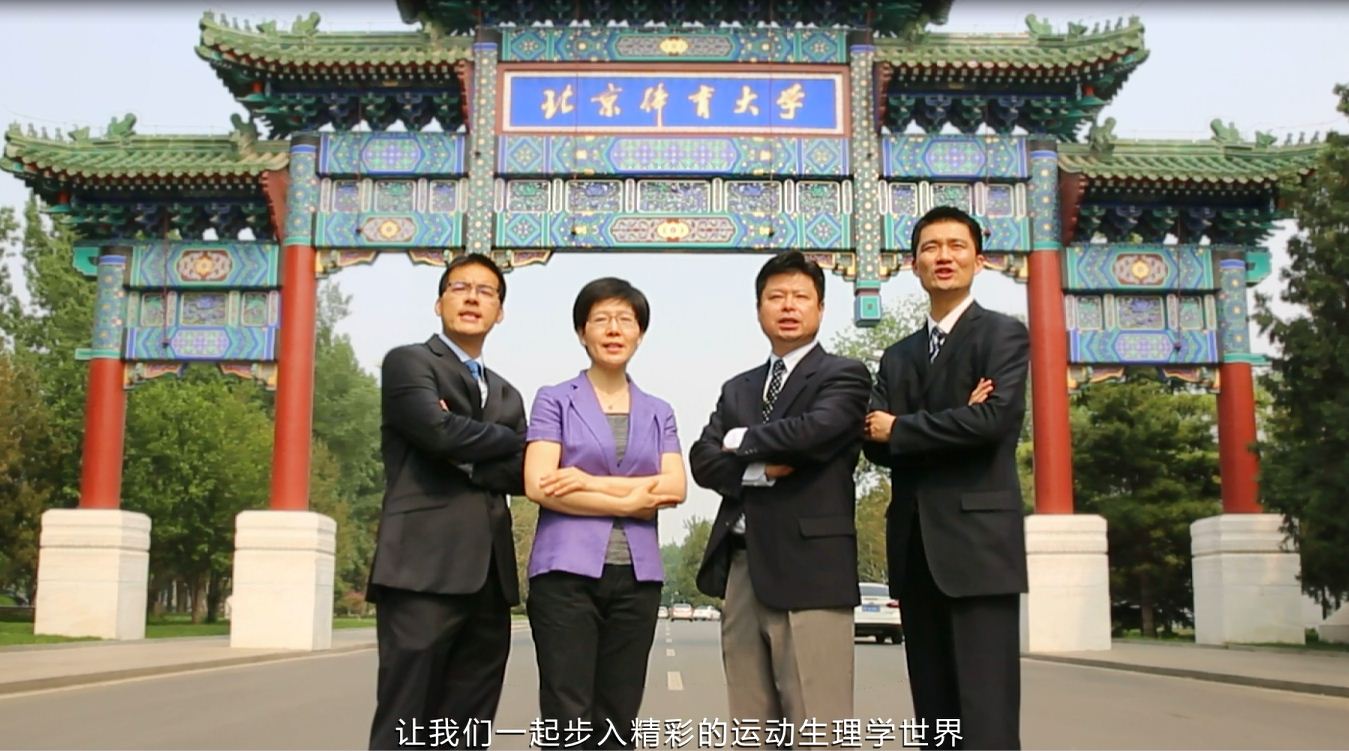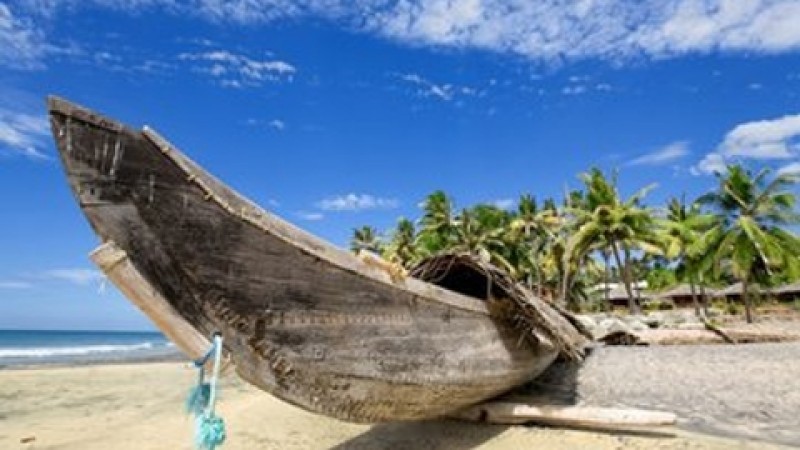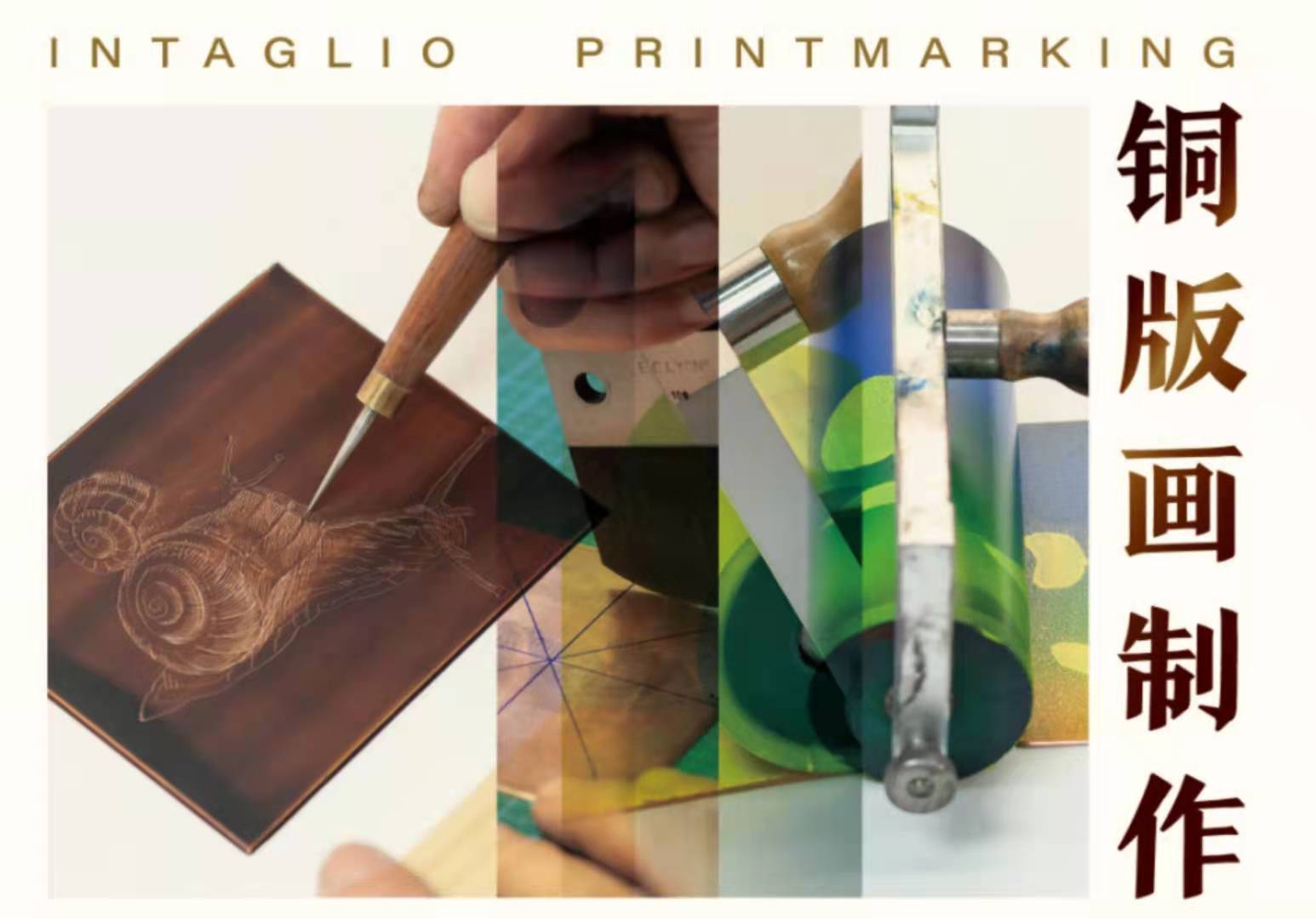
当前课程知识点:Research Methods in Tourism Studies > Week 6 Research Ethics > 6.1 Journal Publication > 6.1.4 How to publish in the top journals? (4)
返回《Research Methods in Tourism Studies》慕课在线视频课程列表
返回《Research Methods in Tourism Studies》慕课在线视频列表
在准备和提交文章的最后阶段 还需要做最后检查
这也是很重要的
回到了我之前说过的话
不要和期刊的编辑作对
我们怎样才能避免这样做呢
首先 要确定你在文章中所写的内容与标题相符
你也许需要改变标题 但不是完全变更
但可以在这里或那里加一个词
例如 如果你说旅游业对经济的影响
那是一个全球性的话题
所以 也许你需要说的是旅游业对中国、广州、天津的经济影响
确保你的标题准确无误
这是第一点
第二点 你的研究目的达到了吗
如果没有 就说你没有达到 并阐释清楚为什么
第三点是参考文献和格式
去期刊上读一读上面写的参考文献和格式的那一页
确保你引用的方式符合期刊的要求
例如 如何设置子标题 是否使用表格等
所有这些都是我们所说的房子风格
再说一次 如果你不遵守这些规定
你的论文很可能会被返回或被要求做出修改
最后两件事很重要
一个是拼写检查
现在每台电脑都有拼写检查 请使用它
因为 如果有很多错误
特别是拼写错误和语法错误在你的文章中
那么你的文章会被返回
如果你的英语不是母语
那么请向以英语为母语的人寻求帮助
最后非常重要的一点是
每一期刊都会有文章的字数限制
如果它要求8000字 请不要写9000字;
要求5000 不要写6000
让我重复一下这些要点
因为它们很重要
第一 你的文章反映了标题吗
第二 你的研究目标达到了吗
第三 参考文献和格式要求是否与期刊相符
第四 进行拼写检查并确保文章字数合适
最后要说的是 如我之前所说
确保你文章中所有的参考文献都包含在你的参考目录中
我现在想和你谈谈其他的事
最后一点我想跟分享审查的过程
通常 当你提交你的文章时 期刊编辑会阅读它
如果他或她认为这符合在该期刊上发表的标准
他会把它寄给一个专家 副编辑
然后副编辑会阅读它
通常 他们可以选择拒绝它
我们称之为直接拒绝
或者他们认为这是值得发送给审稿人的
通常 会有三个审稿人来阅读你的文章
这就是我们所说的三重盲审系统
所以审稿人不知道你是谁 你也不知道审稿人是谁
只有编辑和评论编辑知道
接下来会发生什么
通常在给定的时间段内
每个审稿人都会针对你的文章写一篇评论
他们将阐述他们认为好的
他们认为不好的和他们认为是新颖的
他们可能会评论你的拼写
他们可能会对丢失的参考文献发表评论
当这三篇评论发出后 会发生什么
然后 评论编辑会将这些评论发给相应的通讯作者
通常情况下 审稿人会说
直接接受你的文章 不用修改
这是非常罕见的
其次是小部分修改
这意味着你需要改变的内容很少
三是重大修改 这意味着有相当实质性的东西你需要修改
第四 拒绝
评论编辑基本会做一个选择
在他阅读了三篇评审意见之后 也包括他自己的评论
然后会将录用结果报告给编辑
例如 如果有三篇评审意见都拒绝的话
那么很大程度上编辑会拒绝这篇论文
如果有一个说轻微的修正
两个说重大的修正
很可能他会把它寄回给你说 并告诉你这是评审意见
如果你想重新提交 请在一段时间内提交
通常是六周
然后你会发现每个评审人的评论都被放到了一个表格里
你必须决定 如何回应这些评论
在表格的另一边 你输入你的回复
这里有一点非常重要
你不必同意评审人的评论
例如 审稿人可能会说你应该包括这篇文章或这本书
但你可能会回答 我读过这篇文章 也读过这本书
但我不认为它对我的文章有帮助
这是完全合理的
但是当你重新提交的时候 你需要回答每一个问题
我在期刊方面的经验是 如果他们认为投稿有可能被改进以达到期刊的标准
那么他们就会给你机会
重申一次 请记住审稿人不知道你是谁
你也不知道审稿人是谁
这是一个三盲评审
这很重要
因此 想要在顶级期刊上发表文章 有抱负的人会全力以赴
但请记住我对你说过的一些话
我再说一遍 不要激怒编辑
确保你的论文的格式符合在该期刊上发表的要求
-1.1 Research Question and Research Objectives
--1.1.1 Student interview before class
--1.1.2 The starting point: question
--1.1.3 What is a good research question?
--1.1.4 Ways to find a good research question
-1.2 Title Design
--Acticle: Leisure & Travel as Class Signifier: Distinction Practices of China's New Rich
--Discussion: Why do we research?
-1.3 Literature Retrieval Method and Literature Databases
--1.3.1 Common literature retrieval method
--1.3.2 Common literature search database
-1.4 Information Collection and Academic Journals in Tourism
--1.4.1 Academic journals in tourism research
--1.4.2 Literature collection methods and principles
-1.5 Literature Reading
--1.5.2 Overcoming obstacles in literature reading
--Week 1 quiz
--Discussion: What difficulties have you encountered in reading literature?
-2.1 Philosophical Bases of the Two Approaches
--2.1.1 Philosophical bases of the two approaches
-2.2 Differences between the Two Approaches
--2.2.1 Differences between the two approaches
--Article: Does tourist–host social contact reduce perceived cultural distance?
-2.3 Be Aware of Your Own Research Views
--2.3.1 Be aware of your own research views
--Discussion: How to choose research method?
-2.4 Research Example: Social Tourism
--2.4.1 What is social tourism?
--2.4.2 Established frameworks on social tourism
--2.4.3 Major research findings on social tourism
--2.4.4 Major findings of social tourism research
--2.4.5 Opportunities and challenges for social tourism
--Week 2 quiz
- 3.1 Key Procedures in Qualitative Approach
--3.1.1 Key procedures in qualitative approach
-3.2 Qualitative Data Collection and Analysis
--3.2.1 Key procedures and data collection methods in qualitative approach
--3.2.2 Data collection and analysis in qualitative approach
--3.2.3 Data analysis in qualitative approach
-3.3 Case Study and Content Analysis
--Discussion: Have you ever used a qualitative approach in your research?
-3.4 Using Coding and Themes in Qualitative Research
--3.4.1 Using coding and themes in qualitative research(1)
--3.4.2 Using coding and themes in qualitative research(2)
-3.5 Using Conceptual Framework in Qualitative Research
--3.5.1 Using conceptual framework in qualitative research(1)
--3.5.2 Using conceptual framework in qualitative research(2)
--Article: Tourist typology in social contact: an addition to existing theories
--Week 3 quiz
--Discussion: How to ensure the reliability and validity of qualitative study?
-4.1 Using Questionnaires in Quantitative Research
--4.1.1 Make an effective literature review and research method design
--4.1.2 Learn to write powerful findings and discussion
-4.2 Using Experiment in Quantitative Research
--4.2.4 Eye tracking experiment
-4.3 Using Mixed Method
--4.3.1 Sustainabble tourism development (1)
--4.3.2 Sustainabble tourism development (2)
--Article:Creating a scale for assessing socially sustainable tourism
--Week 4 Quiz
--Discussion: How to use quantitative methods to study tourists' reaction?
-5.1 Current Research Priorities
--5.1 1 A review of hospitality research
--5.1.2 Impact of information technology on hospitality and tourism research
-5.2 Multi-Level/ Multiple Sources of Date Collection
--5.2.1 Experimental design (1)
--5.2.2 Experimental design (2)
--5.2.3 Multi-level/multiple sources of data collection
-5.3 Mixed Method and Interdisciplinary Research
--5.3.2 Interdisciplinary research
--Article: The meanings of destination: a Q method approach
--Discussion: Can you talk about your understanding of research methods?
-5.4 Using Delphi Method in Research Design
--5.4.1 What is the Delphi method?
--5.4.3 Characteristics of the Delphi method
--5.4.4 Predicting the future of wine tourism
--Week 5 quiz
--Discussion: Philosophical basis of research methods
-6.1 Journal Publication
--6.1.1 How to publish in the top journals? (1)
--6.1.2 How to publish in the top journals? (2)
--6.1.3 How to publish in the top journals? (3)
--6.1.4 How to publish in the top journals? (4)
--Article: Analyzing the economic sustainability of tourism development: evidence from Hong Kong
-6.2 Academic Ethics
--6.2.2 Student interview after class
--Week 6 quiz
--Discussion: Academic publication and academic ethics
--Final quiz




